Collision insurance protects vehicle owners from financial loss due to accidental damages, offering peace of mind for repairs or replacements. It covers accidents with other vehicles or objects but not non-collision incidents like theft, natural disasters, or vandalism. Comprehensive insurance provides broader protection against these events, along with roadside assistance and rental cars during repairs. The choice depends on driving habits, living conditions, and vehicle value; many drivers opt for both types of coverage for complete protection. Understanding the differences between collision and comprehensive insurance is essential to making an informed decision tailored to your specific needs.
“Unraveling the complexities of Collision vs. Comprehensive Auto Insurance: Which protects your vehicle best? This comprehensive guide breaks down these essential coverage types, demystifying their unique roles in safeguarding your investment. From understanding collision insurance’s focus on accidental damages to comprehending comprehensive’s broad protection, you’ll discover when each policy is vital.
Learn about common exclusions and how to customize for specific needs, plus tips for shopping around to secure the best rates for peace of mind on the road.”
Understanding Collision Insurance: Coverage for Accidental Damages
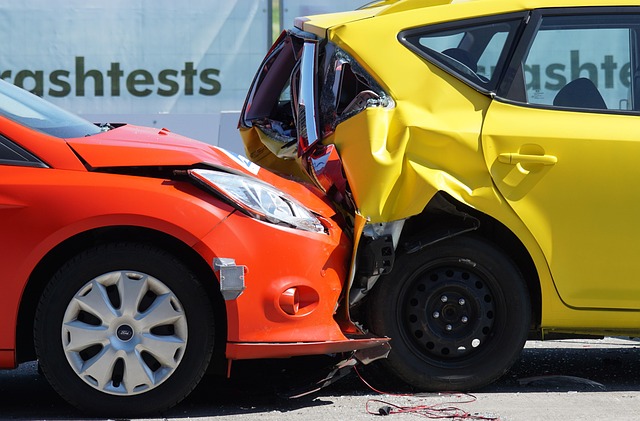
Collision insurance is a type of auto coverage that protects your vehicle from damages resulting from accidents, regardless of fault. When you have collision coverage, your insurance provider will pay for repairs or even total vehicle replacement if it’s deemed beyond repair. This makes collision insurance particularly appealing to policyholders who value peace of mind and want financial protection in case of an accident.
Compared to comprehensive insurance, which offers broader protection against various non-collision incidents like theft, vandalism, natural disasters, and more, collision insurance specifically targets accidental damage. While comprehensive insurance is often seen as a more robust option, collision insurance can be a cost-effective choice for drivers who primarily want protection against accidents and don’t require extensive coverage for other risks.
Comprehensive Insurance: Protecting Your Vehicle from All Angles
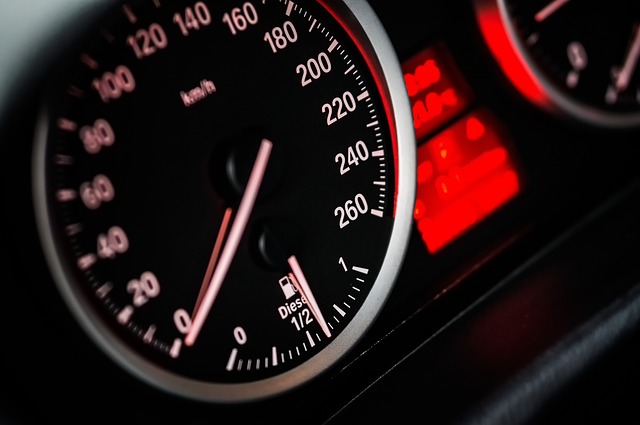
Comprehensive insurance offers a broader protection spectrum compared to collision coverage alone. While collision insurance primarily covers damages resulting from accidents involving another vehicle or stationary object, comprehensive insurance takes care of various other perils. These include natural disasters like floods, earthquakes, and severe weather conditions, as well as man-made hazards such as vandalism, theft, and animal damage. This type of policy is especially valuable for vehicle owners who reside in areas prone to extreme weather events or high crime rates.
By opting for comprehensive insurance, you gain peace of mind knowing that your vehicle is shielded from unexpected events that could leave it damaged or totaled. This protection extends beyond the physical aspects; comprehensive plans may also cover expenses related to roadside assistance, rental cars during repairs, and even loss of use if your vehicle becomes inoperable due to insured events. In contrast to collision insurance, which typically requires a deductible, comprehensive policies often have lower deductibles or none at all, making them a more appealing choice for those seeking maximum protection for their vehicles without significant financial burden.
The Difference Between Collison and Comprehensive Policies
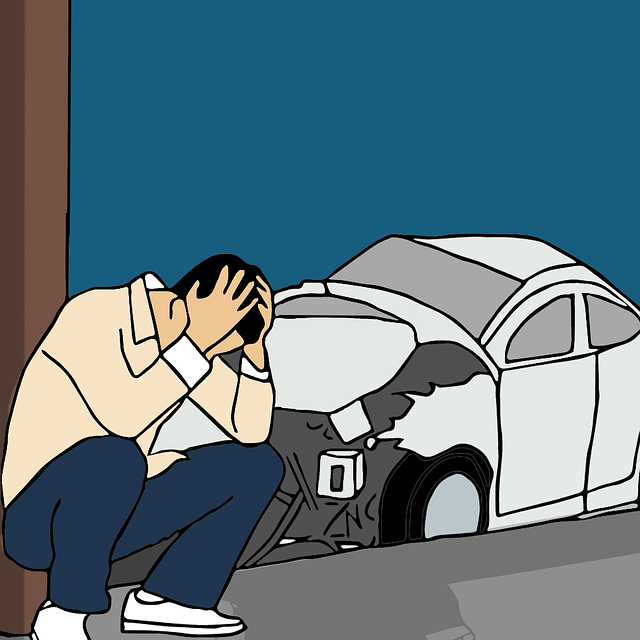
When it comes to protecting your vehicle, understanding the distinction between collision and comprehensive auto insurance is essential. These two types of coverage are designed to safeguard your investment but offer different levels of protection. Collision insurance is specifically tailored to cover damages resulting from accidents, including both yours and other drivers. It will repair or replace your vehicle if it’s damaged in a collision, regardless of fault. On the other hand, comprehensive insurance provides broader protection against various non-collision events. This includes coverage for theft, natural disasters, vandalism, and even damage caused by animals.
While collision insurance is excellent for safeguarding against accidents, comprehensive insurance offers peace of mind knowing your vehicle is protected from a wide range of unforeseen circumstances. The choice between the two depends on your driving habits, the conditions in which you live, and the value of your car. Many drivers opt for both to ensure they’re fully prepared for any eventuality.
When Is Each Type of Insurance Necessary? Scenarios to Consider
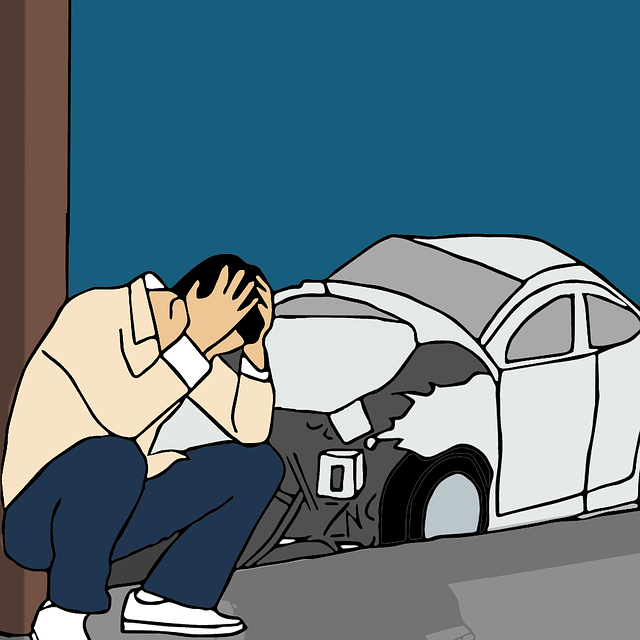
Collision insurance is crucial when you’re at fault for an accident, as it covers the cost of repairing or replacing your vehicle. This type of coverage is typically necessary if you’re involved in a fender bender or any incident that results in physical damage to your car. It doesn’t matter whether it’s a minor scrape or a more significant collision; collision insurance can help with the repair bills.
Comprehensive insurance, on the other hand, is essential for unforeseen events such as theft, vandalism, natural disasters, or animal-related accidents. This type of coverage protects you from financial loss when your vehicle is damaged in circumstances beyond your control. While collision insurance only applies to specific incidents involving physical contact with another vehicle or object, comprehensive insurance offers broader protection against a wide range of perils.
Deciding Factor: Cost vs. Protection

When choosing between collision and comprehensive auto insurance, one of the primary deciding factors is balancing cost and protection. While collision coverage is specifically designed to repair or replace your vehicle after a crash, regardless of fault, it comes at a price—a higher premium due to its focused nature. Comprehensive insurance, on the other hand, offers broader protection against various non-crash-related incidents like theft, vandalism, and natural disasters. This type of policy tends to be more affordable, as it covers a wider range of risks, but it may not fully cover the cost of repairs if your vehicle is damaged in an accident.
Understanding these distinctions encourages consumers to assess their individual needs. If you prioritize financial protection against unexpected events beyond accidents, comprehensive insurance might be the way to go. Conversely, if you’re more concerned about being shielded from the economic burden of a collision—no matter how minor—then collision coverage is your best bet.
Common Exclusions: What's Not Covered by Either Policy
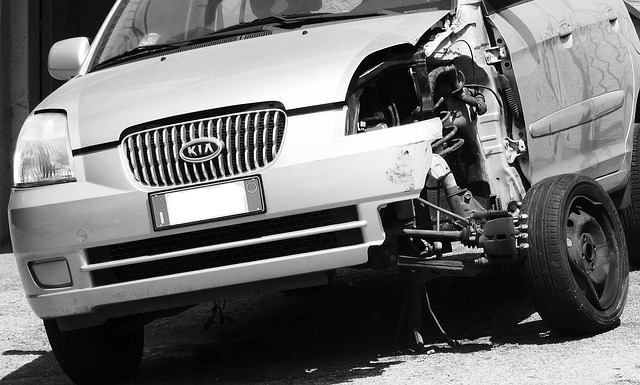
Both collision and comprehensive auto insurance policies offer essential protection for vehicle owners, but they cover different types of incidents. Understanding what’s excluded from each is crucial when choosing between them. One key difference lies in the scope of coverage; collision insurance primarily covers damage resulting from accidents, including collisions with other vehicles or fixed objects, while comprehensive insurance provides broader protection against a wide range of events, such as theft, vandalism, and natural disasters.
Collision policies typically exclude certain situations, like damage caused by driving under the influence, reckless driving, or intentional acts. On the other hand, comprehensive insurance may not cover losses incurred during racing or other forms of competitive events. It’s important to review these exclusions carefully as they vary between insurers and policy types, ensuring you’re adequately protected in accordance with your needs, whether it’s the everyday risks associated with collision coverage or the broader range of comprehensive protection.
Customizing Your Coverage: Adding Ride Protection, Glass, and More

When comparing collision versus comprehensive auto insurance, one key consideration is customizing your coverage to suit your needs. Both types of policies offer protection against specific risks, but they have distinct differences in what they cover and exclude. Customizing your policy allows you to add or remove certain features based on your vehicle’s unique requirements.
For example, adding ride protection ensures that you’re covered if your vehicle is damaged while being driven by someone else with your permission. This is particularly important for policies focusing on collision coverage, which primarily kicks in when your car experiences direct physical damage from an accident or external forces like weather conditions. On the other hand, comprehensive insurance includes a broader range of perils, such as theft, vandalism, and natural disasters (like hail or flooding), offering more extensive protection. Consider adding specific coverages for items like windows and mirrors (glass protection) or high-value accessories to ensure you’re adequately protected beyond the standard collision or comprehensive limits.
Tips for Shopping Around and Finding the Best Rates

Shopping around for collision and comprehensive insurance plans is a smart way to find the best rates, ensuring you get the most coverage for your money. Start by comparing quotes from multiple providers using online platforms or direct communication. Keep in mind that “collision” covers specific incidents like accidents, while “comprehensive” includes broader protection against events like theft, vandalism, and natural disasters. This distinction is crucial when evaluating policies.
Consider factors beyond price to make an informed choice. Review the coverage limits, deductibles, and what’s specifically included or excluded in each plan. Check if the provider offers perks like accident forgiveness, bundle discounts (combining auto and home insurance), or free credit monitoring services. Read reviews from other customers to gauge their satisfaction levels and the claims process efficiency of different insurers.
